Specialty Nuts and Fasteners: Versatility and Applications
Created at : Oct 11, 2023
Specialty nuts and fasteners are fundamental components in various industries, contributing to the stability, strength, and safety of countless products and structures. While these small components may not always be in the spotlight, their importance cannot be overstated. They come in a wide variety of shapes, sizes, and materials, each designed to serve specific functions in construction, manufacturing, automotive, and even aerospace industries.
Types of Specialty Nuts and Fasteners
Specialty nuts and fasteners encompass a broad spectrum of products, each tailored for specific applications. Here are some of the most common types:
- Hex Nuts: Hex nuts are the most prevalent type of nut. They are used to secure bolts or threaded rods and come in various materials, including steel, stainless steel, and brass.
- Wing Nuts: Wing nuts are easy to tighten by hand and are often used in applications where frequent disassembly is necessary.
- Lock Nuts: Lock nuts feature a design that prevents them from loosening due to vibration or movement, making them essential in automotive and machinery applications.
- Flange Nuts: Flange nuts have a built-in washer-like flange that distributes the load and prevents the nut from digging into the material it's fastened to.
- Captive Nuts: Captive nuts are used in applications where a nut needs to be permanently attached to a component, ensuring it remains in place during assembly and disassembly.
- Rivet Nuts: Rivet nuts are used to create a threaded hole in thin materials where traditional nuts cannot be easily attached. They are commonly used in automotive and aerospace industries.
- Nylock Nuts: Nylock nuts have a nylon insert that enhances their resistance to vibration and prevents self-loosening.
- Square Nuts: Square nuts are used in conjunction with square bolts, typically for decorative or architectural purposes.
- Anchor Bolts: Anchor bolts are specialized fasteners used to secure heavy machinery or structures to concrete foundations.
Applications of Specialty Nuts and Fasteners
Specialty nuts and fasteners play a crucial role in a wide range of applications across various industries. Here are some examples of their use:
- Construction Industry: In construction, nuts and fasteners are used to secure structural elements, such as beams, columns, and concrete forms. Anchor bolts, in particular, are essential for attaching building components to foundations.
- Automotive Industry: Fasteners are critical in the assembly of automobiles. Lock nuts and nylock nuts ensure that components do not loosen due to the constant vibrations experienced by vehicles.
- Aerospace Industry: Aerospace applications require lightweight yet durable fasteners to hold together aircraft components. Rivet nuts and specialized bolts are used in the construction of aircraft.
- Manufacturing and Machinery: Specialty nuts and fasteners are used to assemble and secure machines and equipment in manufacturing industries. Captive nuts are especially useful for streamlining assembly processes.
- Electronics: In electronics manufacturing, small nuts and fasteners are used to secure circuit boards, components, and casings. These fasteners must be precise and often made from non-conductive materials to prevent interference.
- Marine Industry: Stainless steel fasteners are crucial in marine applications where corrosion resistance is essential. They are used to secure various components on boats, ships, and docks.
- Railways and Transportation: Nuts and fasteners are vital for maintaining railway tracks, ensuring that the rails are securely fastened to the track bed, preventing accidents and derailments.
Conclusion
Specialty nuts and fasteners are unsung heroes in the world of manufacturing and construction. Their wide range of types and materials, coupled with their precision and reliability, make them indispensable in numerous applications. From ensuring the structural integrity of buildings to securing components in the aerospace industry, these small yet vital components play a crucial role in maintaining safety, efficiency, and longevity in various industries. Understanding their importance and choosing the right type for a specific application is key to achieving a successful and reliable outcome.
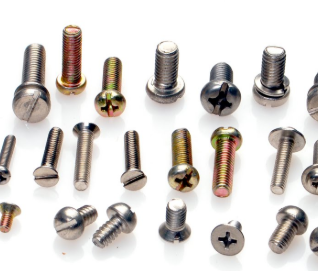 SCREWS
SCREWS
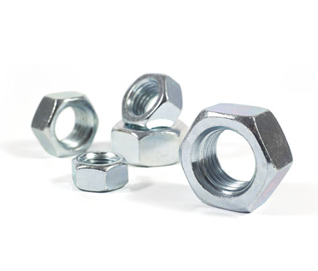 NUTS
NUTS
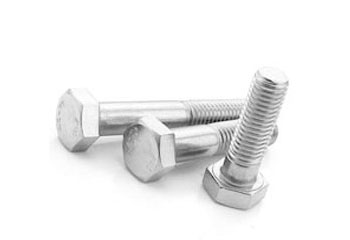 BOLTS
BOLTS
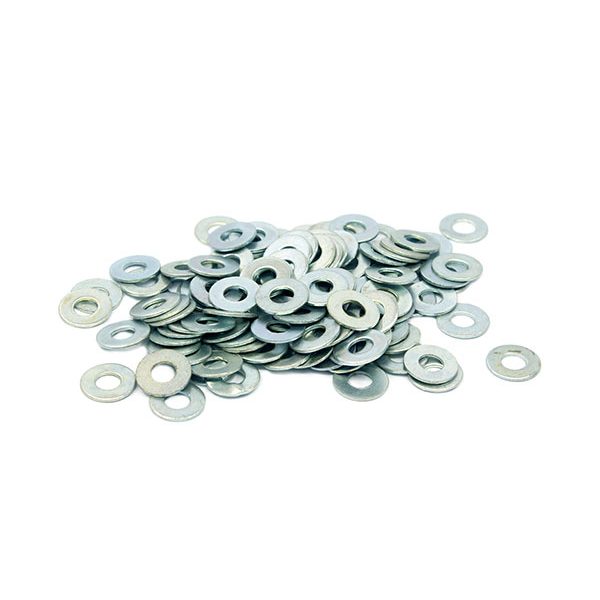 WASHERS
WASHERS
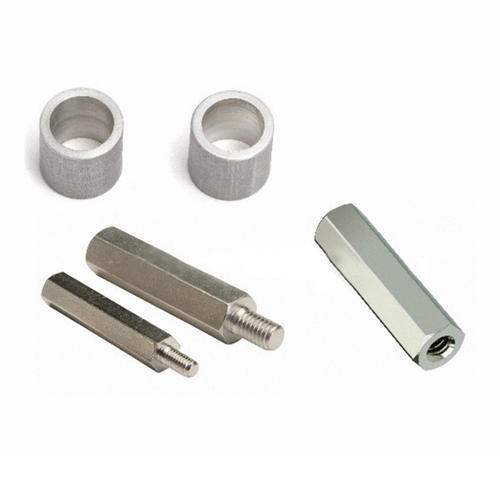 SPACERS & STANDOFFS
SPACERS & STANDOFFS
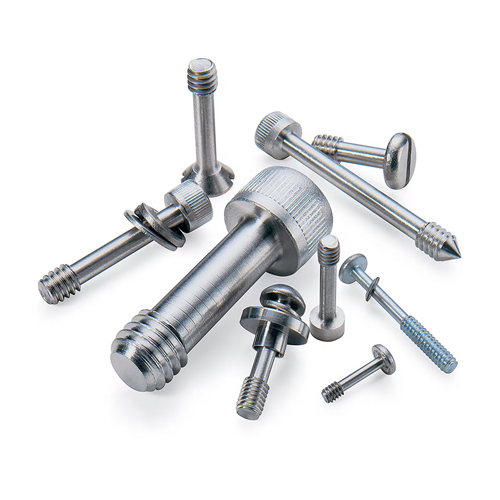 PRECISION/CUSTOM PARTS
PRECISION/CUSTOM PARTS
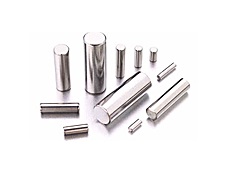 PINS
PINS
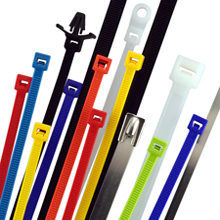 WIRE HANDLING
WIRE HANDLING
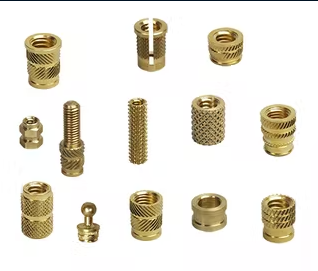 INSERTS
INSERTS
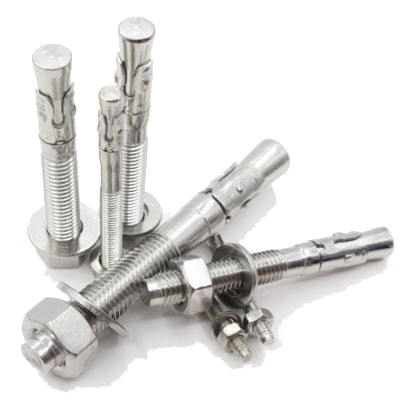 ANCHORS
ANCHORS
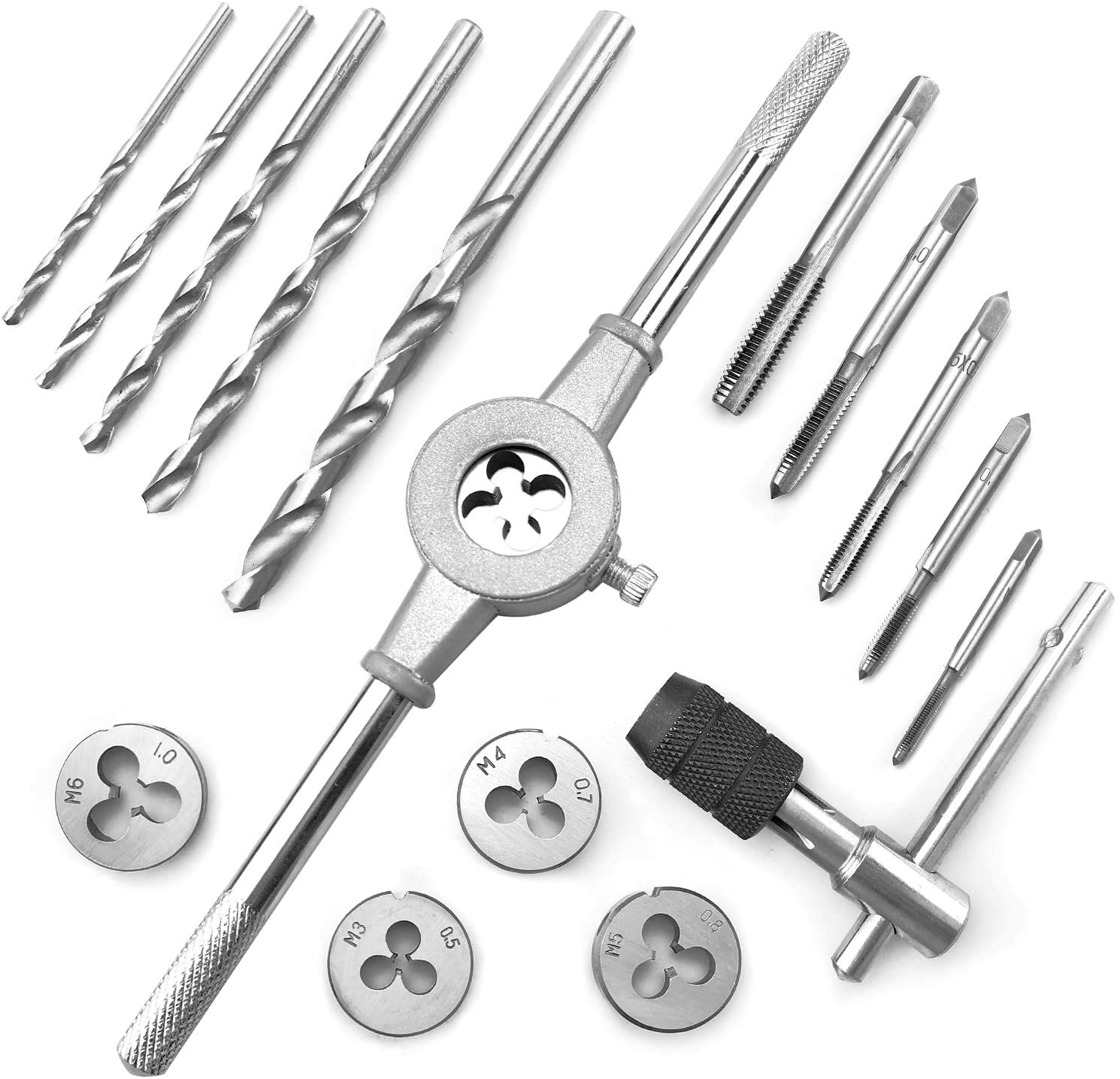 DRILL BITS, TAPS, & DIES
DRILL BITS, TAPS, & DIES
 ABRASIVES & SAWBLADES
ABRASIVES & SAWBLADES
 SAFETY EQUIP.
SAFETY EQUIP.
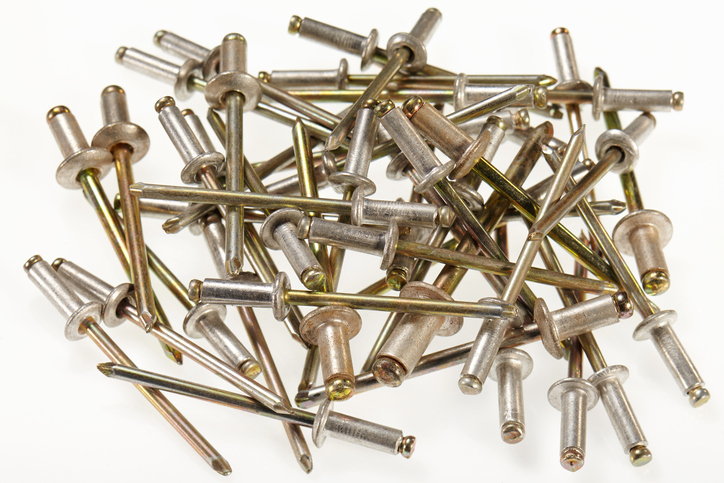 MISC.
MISC.
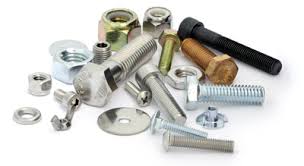 MATERIAL TYPES
MATERIAL TYPES
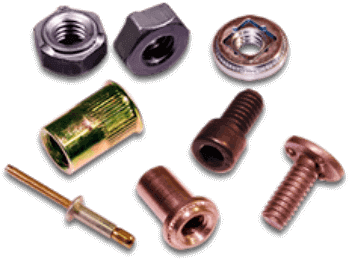 PLATING TYPES
PLATING TYPES